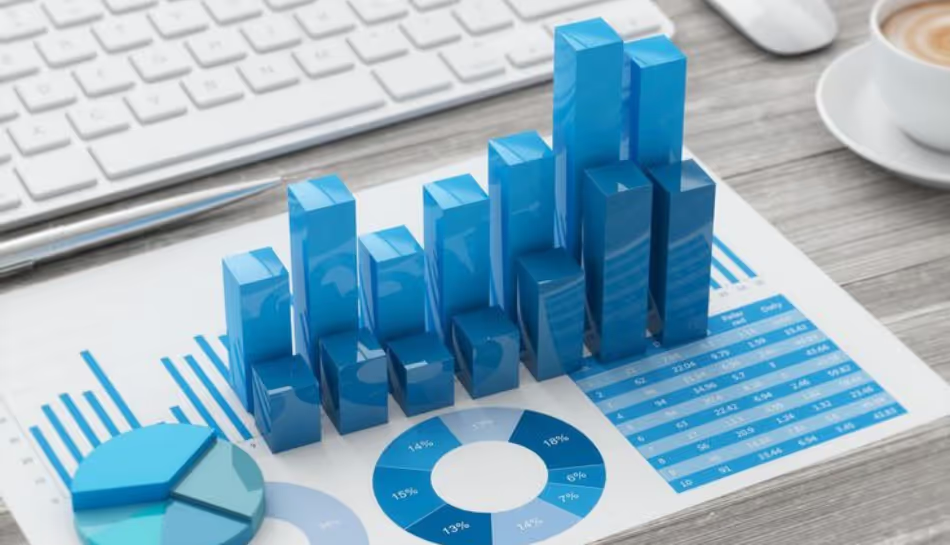Difference between Data Analysis and Data Analytic
Data analysis and data analytics might sound similar, but they play different roles in making sense of data. Think of data analysis as looking in the rearview mirror. It’s all about examining what has already happened, such as finding patterns, trends, or answers in past data. For instance, a company might analyze last year’s sales to understand which products sold the most or which months were busiest.
Data analytics, on the other hand, is like looking ahead through the windshield. It doesn’t just explain the past; it predicts the future. By using advanced tools like algorithms or machine learning, data analytics helps businesses forecast trends, optimize processes, and make better decisions. It’s not just about "what happened," but also "what’s likely to happen next" and "what should we do about it?"
In short, data analysis helps you understand the past, while data analytics helps you prepare for the future. Both are crucial, but analytics gives you the edge by driving smarter, more strategic decisions.
Frequently Asked Questions:
What is data analysis?
It refers to the process of examining, cleaning, and interpreting data to discover useful information and draw conclusions.
What is data analytics?
Data analytics is a broader field that includes data analysis along with the use of tools, technologies, and models to forecast trends and support decision-making.
Is data analysis a part of data analytics?
Yes, data analysis is a component of the larger data analytics process.
How are the objectives different?
Data analysis focuses on understanding past data, while data analytics is often used to make predictions or drive future strategies.
Do the tools used differ between the two?
Data analysis may use basic tools like Excel or SQL, while data analytics involves more advanced platforms like Python, R, or machine learning frameworks.
What types of roles use data analysis vs. data analytics?
Data analysts often handle reporting and insights, whereas data analytics professionals may work on predictive models and data-driven solutions.
Which one is more technical?
Data analytics typically requires more technical expertise due to its emphasis on algorithms, statistics, and data modeling.
Can both be used together?
Yes, they often work hand in hand—analysis helps understand what happened, while analytics helps plan what should happen next.
Which is better for real-time decision-making?
Data analytics is more suited for real-time and future-facing decision-making because of its predictive capabilities.
Is one more suitable for business intelligence?
Data analytics is more comprehensive and aligned with business intelligence strategies, though analysis still plays a vital role.


